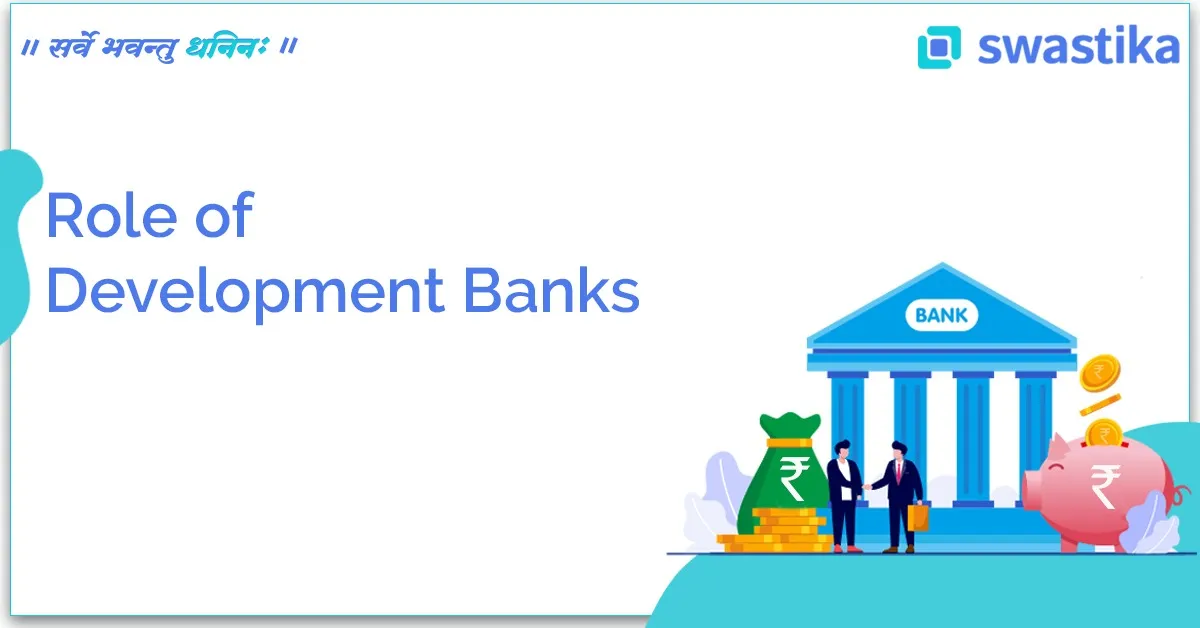1. What is Startup Funding?
Startup Funding is an essential part of building a successful new business. It provides the necessary capital to develop and grow the business and can help turn a great idea into a profitable and sustainable company.
Startup funding is typically used to cover expenses such as product development, marketing, hiring, and office space. Depending on the stage of the business, the amount of funding needed can vary significantly.
2. Why Funding is required by Startups?
Startups require funding to turn their ideas into reality, attract and retain talent, market and sell their products, expand their business, cover operational costs, and compete with established players in their industry.
Funding is required by startups for several reasons:
- Product development: Startups often need funding to develop their product or service. This includes research and development, prototyping, testing, and manufacturing.
- Hiring: Startups need talented individuals to bring their ideas to life. Funding can be used to attract and hire the right people for the job.
- Marketing and sales: Once a product or service is developed, startups need to get the word out to potential customers. Funding can be used to launch marketing and advertising campaigns and to hire sales teams.
- Expansion: Startups that are successful need to expand in order to reach more customers and grow their business. This includes opening new locations, launching new products, and hiring more staff.
- Operations: Funding expenses such as rent, utilities, and supplies can be utilised to pay for ongoing operational costs.
- Competing with established players: Startups often face competition from established players in their industry. Funding can be used to develop a competitive advantage, such as building proprietary technology or developing a unique business model.
3. Stages of Startups and Source of Funding
Here are the common stages of startups and the corresponding sources of funding:
- Idea stage: This is the earliest stage of a startup, where the idea is still being developed and validated. At this stage, the founders typically rely on their own resources to fund the startup, such as savings or personal loans.
- Seed stage: This is the stage where the startup has a validated idea and is ready to build a prototype or minimum viable product (MVP). At this stage, the founders may seek seed funding from individual investors, angel investors, or seed-stage venture capital firms.
- Early stage: This is the stage where the startup has developed a product or service and is ready to launch and acquire customers. At this stage, the founders may seek funding from venture capital firms or early-stage investors.
- Growth stage: This is the stage where the startup has achieved product-market fit and is ready to scale. At this stage, the founders may seek funding from venture capital firms or growth-stage investors.
- Later stage: This is the stage where the startup has become a mature company with a proven business model and revenue streams. At this stage, the founders may seek funding from private equity firms, strategic investors, or even public markets through an initial public offering (IPO).
In addition to the sources of funding mentioned earlier, startups can also explore other financing options such as debt financing, lines of credit, and revenue-based financing. It's important for startups to choose the right source of funding that aligns with their growth stage and long-term goals.
Here are the steps to obtain startup funding in India:
- Develop a business plan: The first step is to develop a comprehensive business plan that outlines your startup's goals, products or services, target market, and financial projections. This will help you determine the amount of funding you need and the type of investors you should approach.
- Identify potential investors: There are several sources of startup funding in India, including angel investors, venture capitalists, incubators and accelerators, and government grants. Research and identify potential investors that align with your startup's industry and growth stage. For all the potential investors out there, we are here to provide you with a complete investment banking solution to satisfy all your needs.
- Prepare a pitch deck: A pitch deck is a presentation that outlines your startup's value proposition, market opportunity, and financial projections. It's important to prepare a well-crafted pitch deck that highlights your startup's strengths and potential for growth.
- Approach investors: Once you have identified potential investors and prepared a pitch deck, you can start approaching them with your funding proposal. This could involve networking events, pitch competitions, or direct outreach.
- Negotiate terms: If an investor is interested in your startup, you will need to negotiate the terms of the funding. This could include the amount of funding, equity stake, and any other conditions or requirements.
- Complete due diligence: Before finalizing the funding, the investor will conduct due diligence to verify your startup's claims and financial projections. It's important to be transparent and provide accurate information during this process.
- Finalize the funding: Once due diligence is complete and both parties agree on the terms, you can finalize the funding and receive the funds for your startup.
4. What do investors look for in startups?
Investors typically look for certain key factors when considering investing in startups. Here are some of the main things that investors look for:
- A strong and experienced management team with a clear vision for the company
- A unique business idea or technology with the potential for significant growth
- A large and growing market opportunity
- Evidence of market demand and customer traction, such as a proven customer base, sales, or partnerships
- A scalable business model that can generate significant revenue and profits
- A competitive advantage or barrier to entry that can protect the company's market position
- A clear path to profitability and a well-defined plan for achieving it
- Intellectual property protection, such as patents or trademarks, that can prevent competitors from copying the technology or idea
- A strong and well-developed business plan that includes financial projections, milestones, and goals
- A solid understanding of the regulatory environment and potential risks and challenges facing the company.
5. Why do investors invest in startups?
Here are some key points on why investors invest in startups:
- High potential for return on investment (ROI)
- Opportunity to get in on the ground floor of a promising new business
- Potential for significant company valuation increase
- Ability to secure a larger stake in the company at a lower valuation
- Chance to support innovation and entrepreneurship
- Opportunity to diversify the investment portfolio
- Access to new technologies and markets
- Chance to be part of a growing network of entrepreneurs and investors
- Possibility of participating in the growth and success of the company.
6. Government schemes for startups
There are several government schemes available for startups in India in 2023. Some of the well-known schemes are listed below:
1. Startup India: The Startup India scheme was started in 2016 with the aim of encouraging innovation and entrepreneurship in the country. It provides funding, mentorship, and other resources to startups to help in the growth of their businesses.
2. Atal Innovation Mission: The Atal Innovation Mission was started in 2016 with the goal of encouraging innovation and entrepreneurship among young people in India. Young entrepreneurs can find funding, mentorship, and other resources from that.
3. Pradhan Mantri Mudra Yojana: Pradhan Mantri Mudra Yojana was launched in 2015 to provide funding to small and micro enterprises in the country. It offers loans of up to Rs. 10 lakhs to support the establishment and growth of businesses.
4. MSME Sambandh Portal: The Ministry of Micro, Small, and Medium Enterprises has launched an online portal called MSME Sambandh, which aims to provide easy access to information about government schemes and services for MSMEs.
5. Credit Guarantee Fund Scheme for Micro and Small Enterprises: This scheme aims to provide collateral-free credit to MSMEs by guaranteeing loans provided by banks and financial institutions.
6. National Small Industries Corporation Subsidy: The National Small Industries Corporation provides various subsidies and schemes to MSMEs, including a marketing assistance scheme, a credit support scheme, and a raw material assistance scheme.
7. Technology Upgradation Fund Scheme: This scheme provides financial assistance to MSMEs for upgrading their technology and machinery.
10. National Manufacturing Competitiveness Programme: This programme aims to enhance the competitiveness of Indian manufacturing industries by providing funding and support for various activities, such as quality improvement, technology upgradation, and marketing.
11. Digital India: The Digital India initiative aims to transform India into a digitally empowered society and knowledge economy. It provides various schemes and initiatives to promote digital literacy, e-governance, and digital infrastructure development.
These are just a few of the government schemes available for startups in India. You can visit the Startup India website or speak to a business advisor to learn more about these schemes and how to apply for them.
7. Government startup rules
Government startup rules vary by country, but here are some common examples of regulations and policies that governments may implement to support and regulate startups:
- Business registration: Governments typically require startups to register their businesses and obtain necessary licenses and permits before operating. This ensures that startups comply with local laws and regulations.
- Tax incentives: Governments may offer tax incentives to encourage entrepreneurs to start businesses. This could include tax credits or deductions for research and development, hiring employees, or investing in certain industries. For more information, you can visit the income tax website.
- Access to funding: Governments may provide funding or support for startups through grants, loans, or venture capital programs. These programs may be targeted towards specific industries or technologies that the government wants to promote.
- Intellectual property protection: Governments may have laws and regulations to protect the intellectual property of startups, such as patents, trademarks, and copyrights. This can help startups protect their innovations and gain a competitive advantage in the market.
- Regulatory framework: Governments may establish regulations and standards to ensure the safety and quality of products and services offered by startups. This can help build consumer confidence and promote growth in the startup ecosystem.
- Public procurement: Governments may provide opportunities for startups to compete for government contracts and procurement opportunities. This can provide startups with a stable source of revenue and help them build their reputation and credibility in the market.


.png)




.webp)
.webp)

.webp)






